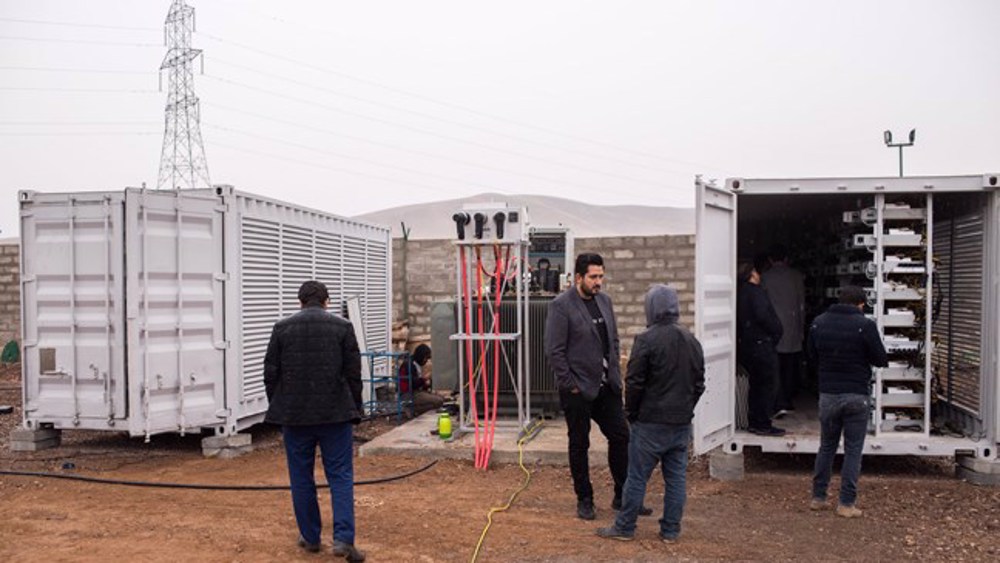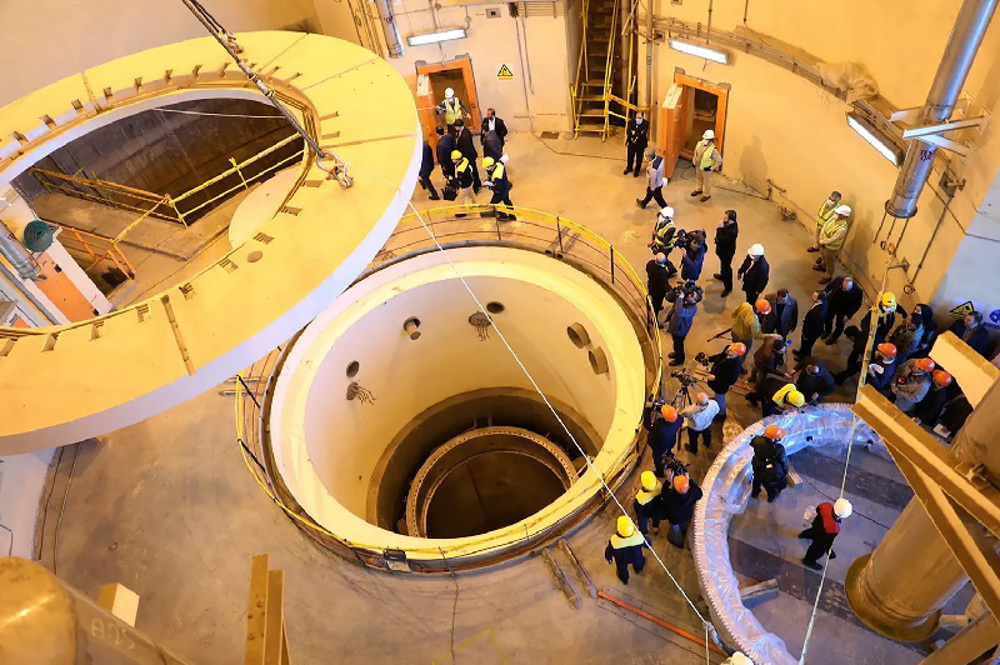Iran reinstates ban on crypto mining to avoid blackouts
Iran has decided to halt operations of authorized cryptocurrency mining centers to avoid blackouts in the winter during which energy consumption steeply rises in the country.
The shutdown is the second this year as Iran is cracking down on illegal mining carried out by both individuals at home and larger-scale industrial units.
It will be in place until March 6 with the aim of freeing up 209 megawatts of power for consumption in the household sector, Managing Director of Iran Grid Management Company (Tavanir) Mostafa Rajabi Mashhadi was quoted as saying.
“The Energy Ministry has been implementing measures since last month to reduce the use of liquid fuels in power plants, including cutting licensed crypto farms’ power supply, turning off lampposts in less risky areas and stringent supervision of consumption,” he said.
The residential and commercial sectors use natural gas for space heating which, according to local reports, uses 70% of the fuel consumed in Iran.
The official called on citizens to reduce their electricity and gas consumption as much as possible. Last week, the National Iranian Gas Company said Iran’s daily gas demand in the household sector had soared to an unprecedented 570 million cubic meters per day for the first time on record.
Energy consumption is unusually high in Iran, driven by massive subsidies provided by the government. An unusually dry spring has also left Iran struggling with hydropower shortages.
The country first put a blanket ban on crypto mining in the summer, when power demand hit a historic high amid hot temperatures. The decision came after dozens of cities across Iran faced power outages, with social media and news outlets blaming them on bitcoin mining.
Since then, the government has been enforcing restrictions on authorized crypto mining operators and working to combat illegal crypto miners. In late November, local energy authorities announced that they had seized 222,000 mining devices used for illicit crypto mining.
Rajabi Mashhadi said unlicensed operators account for the largest share of crypto mining in the country, consuming more than 600 megawatts of electricity. The ban imposed in summer was subsequently lifted in September after authorities said the power grid had become more stable.
Crypto mining consumes large quantities of energy because it uses costly software to solve complex math puzzles to validate transactions in the cryptocurrency. The first miner to solve the problem is rewarded in cryptocurrencies and the transaction is added to the blockchain or digital ledger.
Countries with cheap electricity have emerged as major hosts of cryptocurrency mining.
China was a major player in the crypto market, hosting a substantial share of miners. That changed this year when a nationwide ban sent operators to other nations, particularly places offering cheap power.
The exodus has pressured power grids, leading countries from Iceland to Kazakhstan to place limits on the industry.
In January, Tavanir said it had shut down a major crypto mining farm run by a Chinese-Iranian investment company in the city of Rafsanjan in southeast Iran to prevent further blackouts in major cities.
It came after a viral video on the social media showed a Chinese miner explaining that tens of thousands of mining machines operated in the facility. Local authorities said the farm had been consuming 175 megawatt of the 600 MW electricity allotted to authorized cryprtocurreny farms in Iran.
VIDEO | Venezuela launches 'love is rewarded with love' campaign in solidarity with Cuban people
In longest-ever State of Union address, Trump tries in vain to convince nation US is 'winning'
3rd round of nuclear talks opens in Geneva; Iran’s proposal seen as ‘test’ of US sincerity
Trump calls for deportation of Muslim lawmakers after State of Union clash
VIDEO | Tehran hosts 33rd International Holy Qur'an exhibition
Iraqi Resistance threatens action if US continues occupation
VIDEO | Rising from the Rubble: Worshippers return to Gaza’s Great Omari Mosque
VIDEO | New database documents systematic repression of Palestine solidarity in UK











 This makes it easy to access the Press TV website
This makes it easy to access the Press TV website